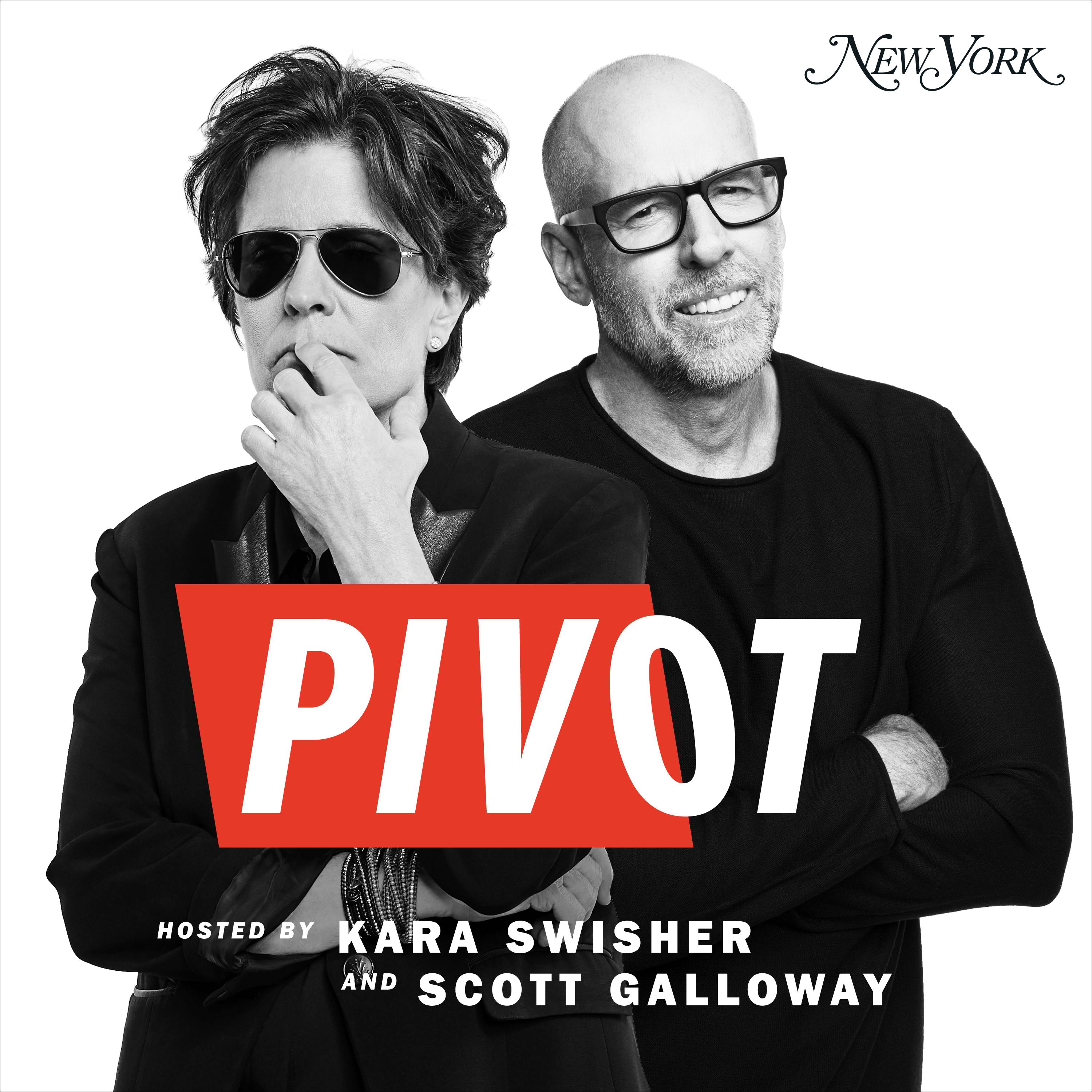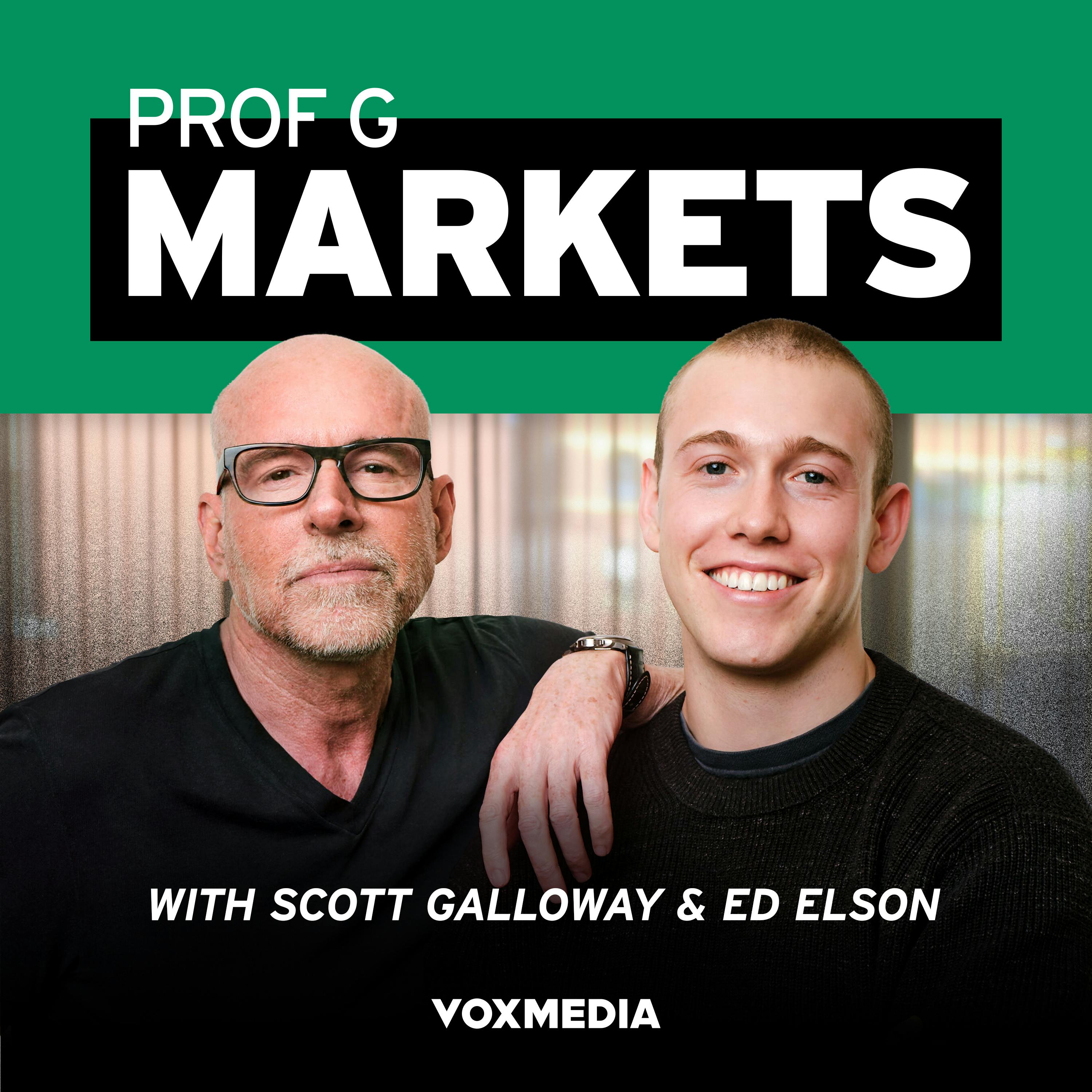PortalsOS
Related Posts
Vote to see vote counts
Economists have predicted nine of the last two bubbles, highlighting the difficulty in accurately predicting economic downturns.
Economists and investors often struggle to predict bubbles accurately, as they tend to call bubbles continuously, leading to a 'Cassandra' effect where they are not taken seriously until they are right.

Richard Thaler discusses overconfidence in decision-making, using the example of CFOs predicting the S&P 500's return. Despite being asked for high and low estimates, their predictions often miss the mark, highlighting the difficulty of market predictions.

Economists and investors often fail to predict bubbles accurately, as they may continuously call a bubble for years before being correct, leading to a lack of predictive ability.
Economists and investors often incorrectly predict bubbles, calling them continuously over many years without accuracy.

Analysts are warning about AI bubble fueled by companies pouring money into each other's coffers. It's a ticking time bomb!
The market climbs a 'wall of worry,' meaning that even during rising markets, there's constant fear of collapse, which can lead to panic and drawdowns.

The concentration of market value and earnings growth in a small number of companies poses risks. A significant market drawdown could trigger a recession, especially if AI expectations are not met.
The market climbs a wall of worry, meaning that even as markets rise, there are constant fears of collapse.
It's difficult to predict bubbles accurately, as many who claim to have predicted them often continuously called for a crash over many years.